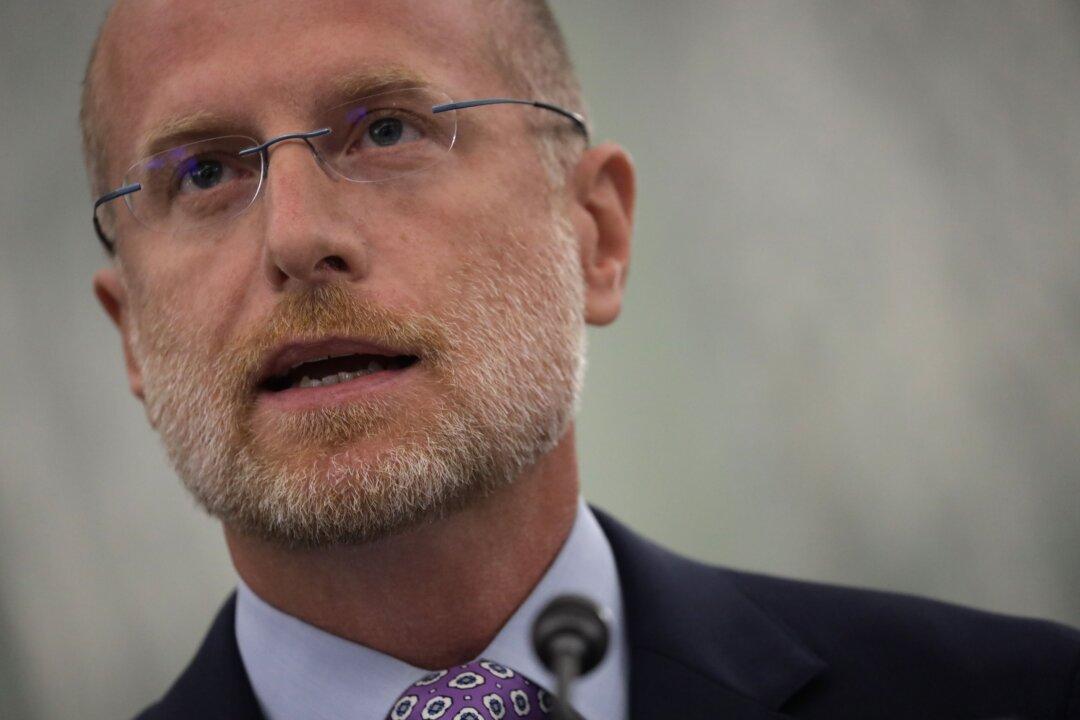Commissioner of the Federal Communications Commission, Brendan Carr, on Sunday said the United States should help prevent a Cuban regime Internet shutdown ahead of planned protests in the country on Monday.
Thousands of people are expected to take to the streets across the country this week as part of the “Civic March for Change” to demand greater political freedom and the release of jailed political activists.




